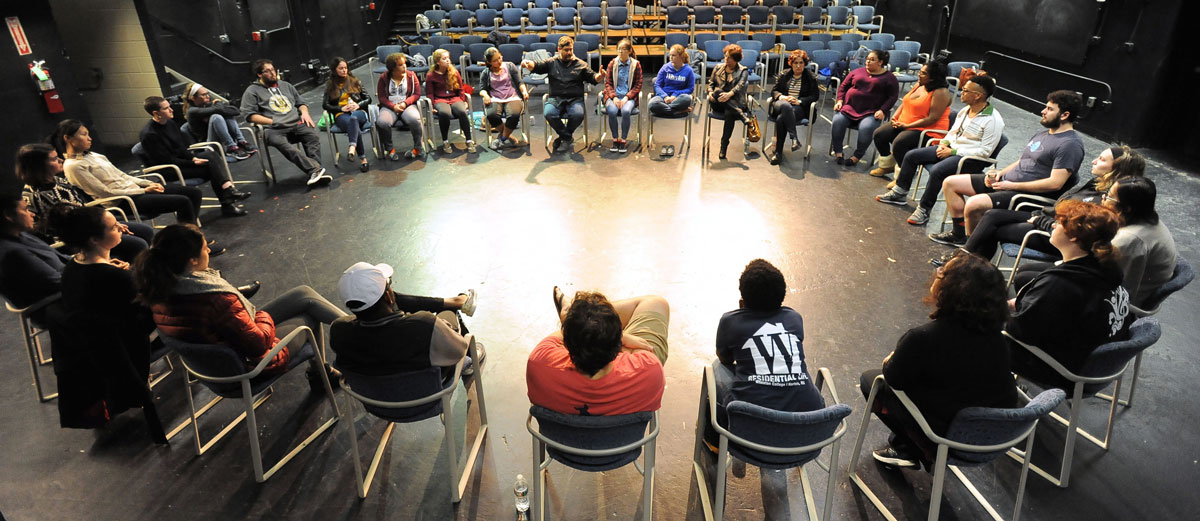Curricular Initiatives
Priority
To incorporate diversity and inclusion into the curriculum in a purposeful way so that all students have some level of both academic knowledge of cultural differences and practical skills for navigating culturally diverse situations.
Goals
Create a comprehensive diversity curricular initiative called WheDiversity that is multi-pronged and encourages students to explore and learn about diversity and inclusion from both practical and academic perspectives. This initiative would also provide continuing education programming for faculty that addresses best practices in teaching and advising diverse students.
Recommended Strategies
- A comprehensive course requirement structure in the curriculum that addresses both global and domestic diversity topics.
- Faculty forums and other continuing education opportunities provided for faculty through the Center for Teaching and Learning
- A campus wide dialogue program that involves students, staff, and faculty in learning about perspectives and ideas different from their own in an experiential setting.
- Annual or bi-annual teach-in programming that provides the entire campus with an opportunity to learn about timely diversity related topics.
Co-curricular Initiatives
Priority
Given the diverse nature of our student population, Wheaton should institutionalize staff support, programming, and education for all students by removing programmatic responsibility from the students. A robust array of programs developed in collaboration with student organizations should be made part of the regular academic calendar.
Goals
- Increase and/or restructure current staffing and determine best practices based on current population and needs
- Charge a group or groups with developing programming, training and educational opportunities on an annual basis.
- Work within SGA structure of Intercultural Board to do an assessment of all clubs/organizations under ICB umbrella
Recommended Strategies
- Determine best next steps for review of student organizations in conjunction with InterCultural Board Chair and create a plan for the review to occur in Spring 2018.
- Review staffing structures under current self-studies and reviews already in progress at Marshall Center, SAIL and CSJCI.
- Continue work on shared programming model and learning outcomes to be shared and connected to curricular learning outcomes. Develop rubrics for education and training to occur on campus.
- Ensure that campus programming reflects the student population and infuse diverse speakers, performers and offer programs/events that appeal to a broader audience such as foreign films and various other arts performances. This necessitates moving beyond sponsored events and cultural celebrations.
Progress
- Hosted 3 Freedoms Teach-In and Related Programming, including Callie Crossley and Farai Gonzo (Scholar-At-Risk)
- Restructured Student Activities, Involvement and Leadership department to align co-curricular student organizations with Student Affairs
- Advisory groups created for more collaborative approaches to providing training, support and advocacy for identities on campus including intercultural and LGBTQIA+
- First-Generation Advisory Committee has hosted conversations and workshops around the hidden curriculum in partnership with the Center for Collaborative Teaching and Learning and Academic Advising.
